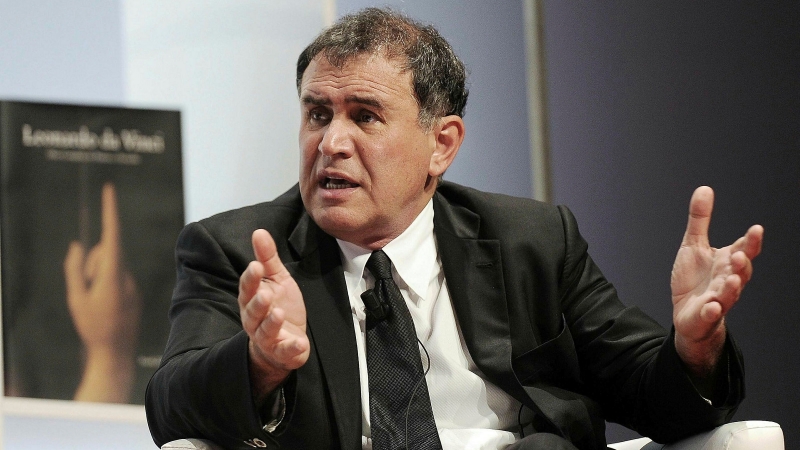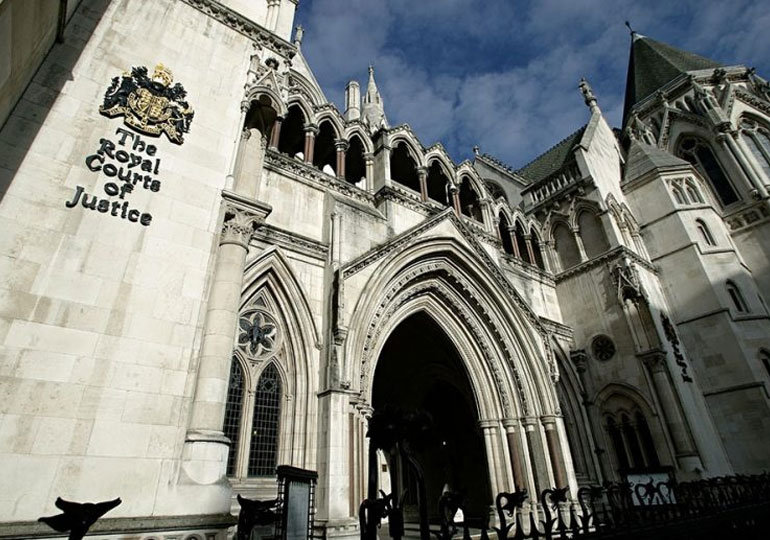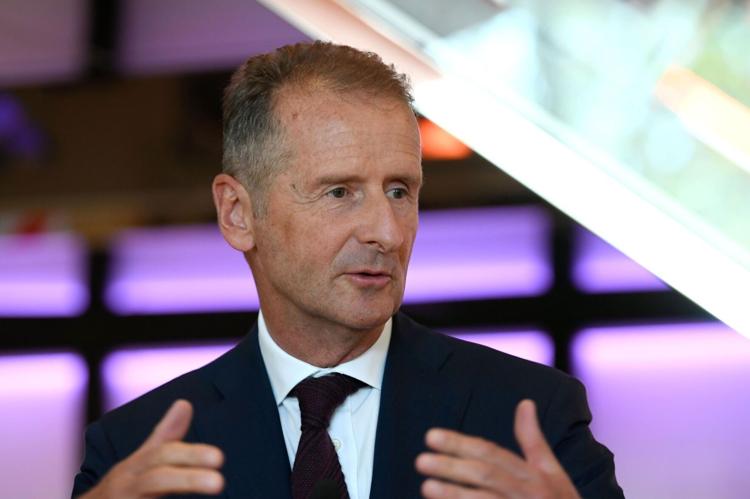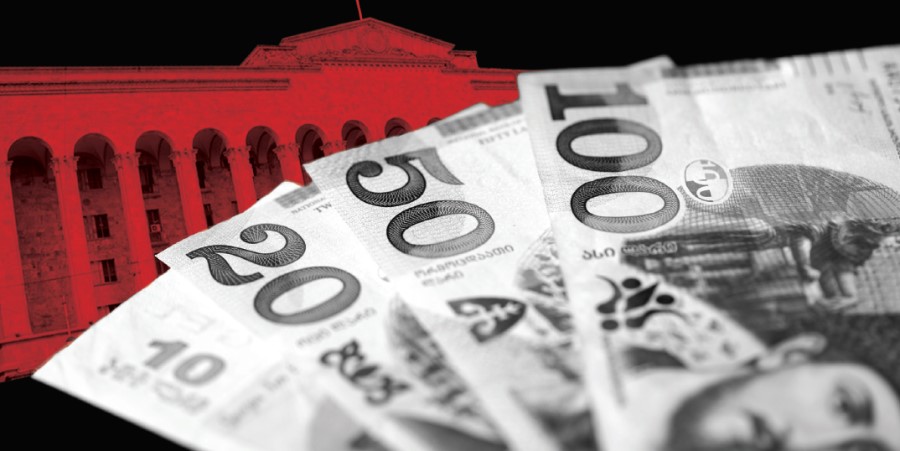Investment management professionals have rubbished the idea of a quick global recovery from the coronavirus crisis, warning of several years of stagnation and a huge risk of asset mispricing as stock markets become increasingly disassociated with economic activity.
The CFA Institute, the global association of investment management professionals, found only 10 per cent believe a quick “V-shaped” recovery was likely based on a survey of almost 13,300 of its members.
The vast majority expect a slower recovery: 44 per cent forecast a medium-term hockey stick-shaped recovery, which implies some form of stagnation for two to three years before a pick-up, while 35 per cent opted for a U-shaped recovery, suggesting they were mildly more optimistic in the short term.
Only 4 per cent, however, forecast long-term economic stagnation, akin to economist “Dr Doom” Nouriel Roubini’s warnings of a lost decade.
The survey also found members were increasingly concerned about asset mispricing, with 96 per cent saying the crisis had elevated the risk of this occurring. Liquidity dislocation (38 per cent) and distortion of natural market pricing because of government intervention (36 per cent) were cited as the chief reasons for asset mispricing risk.
Olivier Fines, author of the report, said the fiscal and monetary firepower unleashed by governments and central banks had increased liquidity in markets, but this had created “inflated” asset prices.
“You have a separation between the real economy and markets right now and you are hoping it doesn’t get too big before a correction takes place,” he said. “At some point markets will have to have something to do with the real economy.”
Margaret Franklin, chief executive of CFA Institute, said the investment industry was poised for further market volatility, but it was split on how long government intervention and support of companies and markets should continue.
Respondents believed the swift intervention of governments and central banks to support the economy and markets was necessary, but half said the aid should be short-term while 49 per cent said it would be insufficient because it would need to continue.
“What we have seen from markets is that central banks and governments are expected to step in and take over from markets,” Mr Fines said.
“Markets are growing addicted to this form of intervention.”
Some 84 per cent of those polled believe a review of exchange traded funds should be undertaken to determine the nature of their impact during the crisis.
A separate survey from State Street, the bank, found that half of 250 European pension funds, insurance companies, sovereign wealth funds, foundations and endowments polled do not anticipate a V-shaped recovery. Fifty-four per cent believed that economic activity would not return to normal before the end of 2021 and 11 per cent stated the crisis would last beyond 2022.
Despite this, 44 per cent of respondents said the interventions from governments and central banks would result in a faster economic recovery than that which occurred after the 2008 financial crisis.

Forbes Georgia
"Forbes Georgia-ის სარედაქციო ბლოგპოსტების სერია "როგორ გამდიდრდა“ და "საქართველო რეიტინგებში".












